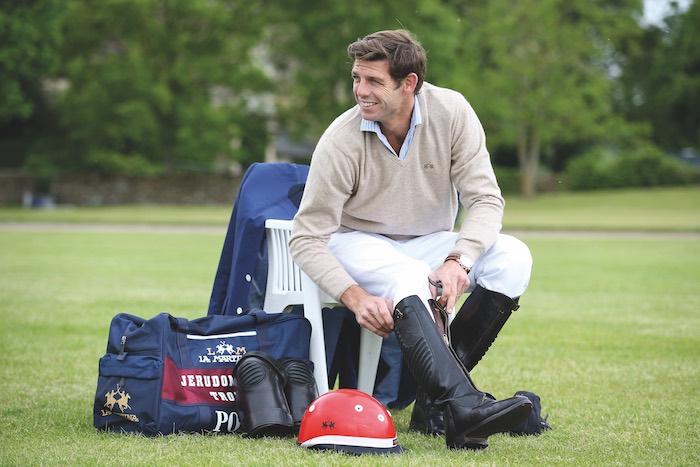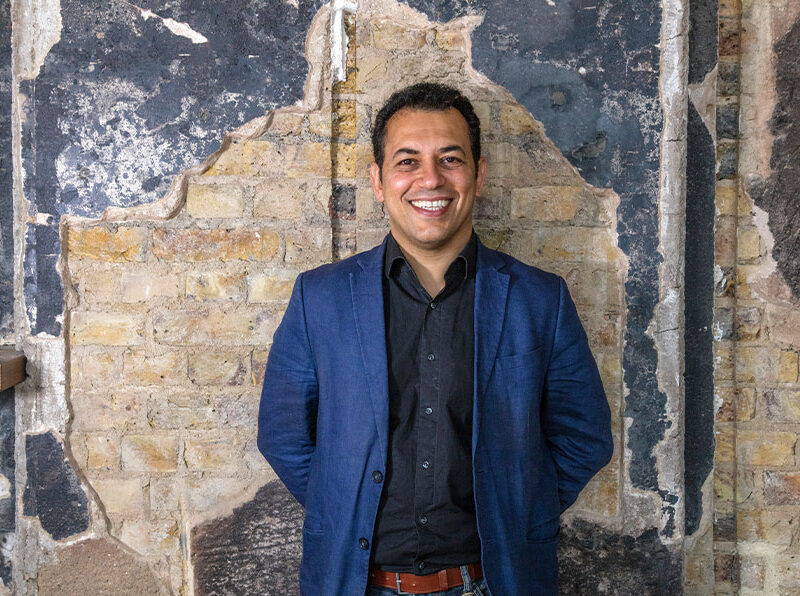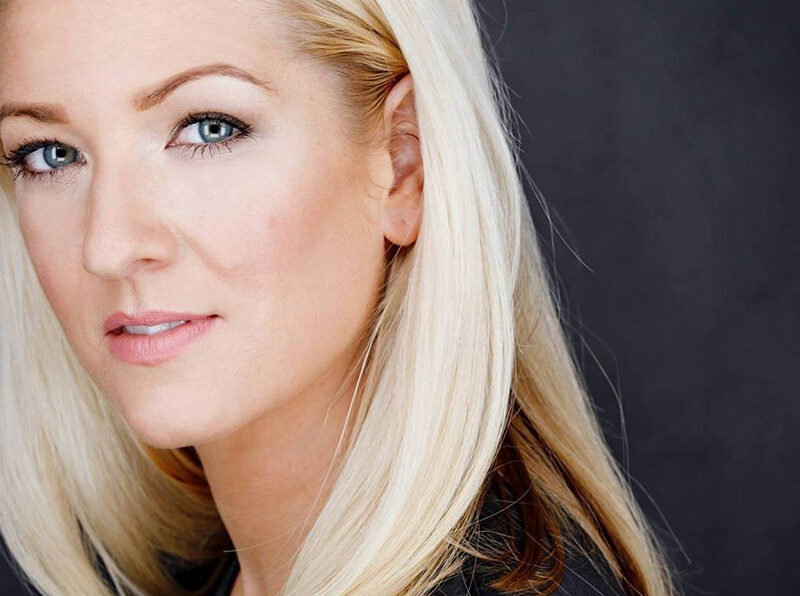
The interview: Malcolm Borwick
Known as the sport of kings, polo has long been linked with the rather lofty echelons of society. But change is afoot to open up the game to a wider audience. Tina Lofthouse talks to England star Malcolm Borwick to find out more, and saddles up to give it a try…
Polo – forever associated with the royals, champagne and the saucy toffs conjured up in Jilly Cooper’s bonkbuster novel – it is hardly renowned as the most egalitarian of sports. But efforts are underway to make it more accessible – anyone can pick up a mallet and give it a go at a local club with the likes of La Martina Learn to Play experiences, and spectator events at both Ham Polo Club and Hurlingham Park this summer are opening it up to the masses. For sure, the champagne will still be flowing but at Ham, there will be music nights and family picnics too, and Hurlingham Park’s Polo in the Park simplifies the rules so that those unaccustomed to the game can follow it more easily.
“It’s all about trying to spread the gospel of polo,” says Malcolm. “We want a new generation of spectators to connect with the sport, both for its sociability, and for the enjoyment of the game,” says Malcolm. To the uninitiated, the game can seem complex so Polo in the Park is a great introduction: “People’s attention spans are shorter and they need instant gratification, Polo in the Park fits the bill perfectly.”
As to it being elitist, he adds: “Polo will always have a place in people’s psyche as being an elitist sport, but I have played with blacksmiths, factory workers and sultans all on the same field. The sport itself is the leveller, all I can encourage people to do is to give it a go.”
Youngsters fancying a career in the sport should track down a coach at a local club that has been certified by the HPA (polo’s governing body). Malcolm says: “The access price to polo is not the expensive bit – that comes later! There are 68 clubs around the UK and almost all of them offer introductory lessons.” The prerequisite is that you must be passionate about horses. “If you don’t love the horses, you will never make it in polo, so that has to be your primary focus.”
While Malcolm may be from a line of polo players – his grandmother played in the first ever Ladies England polo test match in 1924, and her father and two uncles made up the England team from 1902 to 1908, his own father wasn’t so keen on him playing. “My grandmother would always remind me, ‘it’s in the genes’ but my father always swore he would never let me play as it was more expensive than cricket! That said, he very quickly became my greatest supporter and did a lot of my early years coaching.”
It has proved an incredible career – adrenaline, beautiful horses, and, of course, travelling around the world. Malcolm says that the travelling aspect has been the most rewarding part of his career. “I have played polo in 30 countries, and met the most incredible people from all walks of life. These have been experiences that have no monetary value, but have given colour and context to my career. It does create logistical challenges though in trying to move a family of five around the world, and we base ourselves in four different countries on a yearly basis, with our kids going to school in three of them. It makes for a lot of suitcases and rental houses,” says Malcolm, who calls West Sussex home when he’s not on the move.
His eldest son wants to follow in his footsteps but Malcolm says: “I would love to see him get the benefits out of the sport that I have had, be it as an amateur or as a professional. But the sport needs to go mainstream and attract global brands, with bigger budgets. The made for TV products like Gladiator Polo in the US, and Polo in the Park here present an opportunity for us to change the perception of the sport and thus bring in new brands and draw a bigger global audience. Only then can I see polo as a viable career for my children.”
Saddling Up at Ham Polo Club
Horse riding and hockey – two past-times I’ve never been particularly good at – but the opportunity to try polo, a sport which combines riding while trying to hit a small ball with a rather unwieldy stick, was one that was too good to turn down.
Cue a sunny day in the leafy environs of Ham Polo Club with a gaggle of other journalists. Our hosts for the day were Malcolm Borwick and Ham’s coach Jason Warren. Both, it later transpired, have the patience of saints as they took us through our paces. First, we were shown the basic moves using shorter mallets and with our feet firmly planted on the ground. To my surprise, I actually made contact with the ball with a satisfying thwack, sending it vaguely in the right direction.
Next, we were shown the rules of the game, practicing in teams, minus the the ponies (all horses in polo are known as ponies). We then swapped to the real mallets and mounted wooden horses. This was where it all started to go pear-shaped for me – reaching so low with such a long mallet proved too much for my untrained arms, which serves me right for skiving my gym sessions.
Then, to the delight of the group, the ponies were brought out. These beautiful animals are so responsive they could turn on a sixpence – and with only one hand on the reins (your mallet is in the other) they need to be. Mine glided just where I wanted – I actually had the illusion I was in control. But, in fear of my lack of mallet-swinging skill, I rolled snail-like up to the ball, before giving a timid tap. Others were literally well into the swing of it, confidently moving up and down the field and pelting the ball in the desired direction. It was all incredible fun – and to think that several of the journalists hadn’t even been on a horse before, it was some achievement in just a couple of hours’ tuition. I ached for days afterwards, blushed to my roots at some of my more ludicrous attempts at a shot, but I loved every minute of it.






